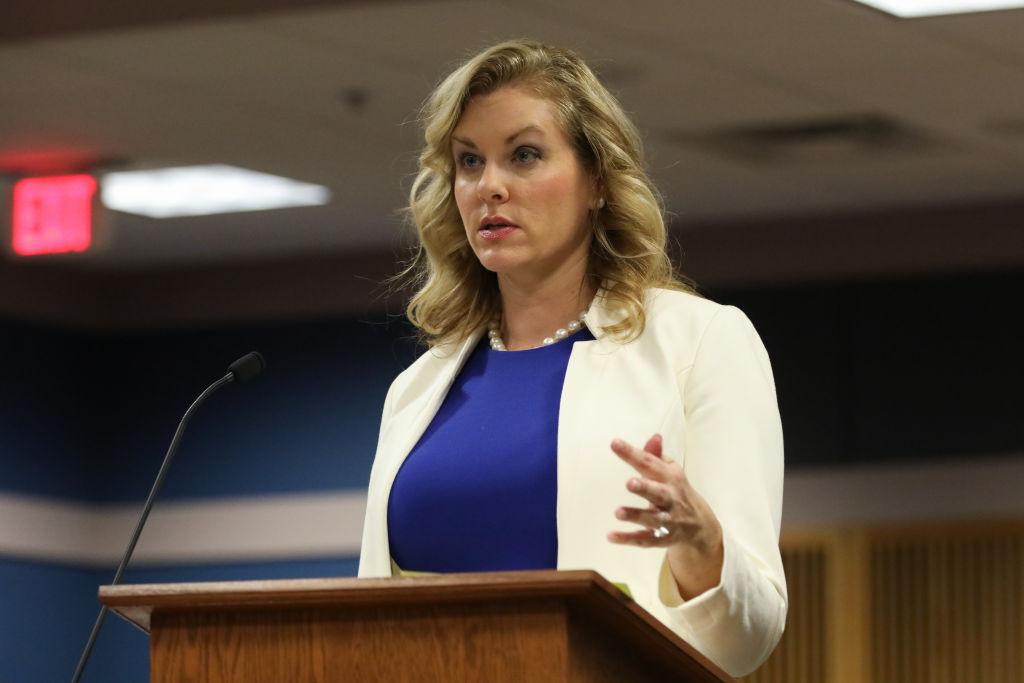Ashleigh Merchant, defense attorney who sought to disqualify Fulton County District Attorney Fani Willis from prosecuting a racketeering case against former President President Donald Trump and 14 others, including her client Michael Roman, will testify before a state committee about Ms. Willis on March 6.
Ms. Merchant confirmed to media on March 4 that she was subpoenaed for the hearing.





